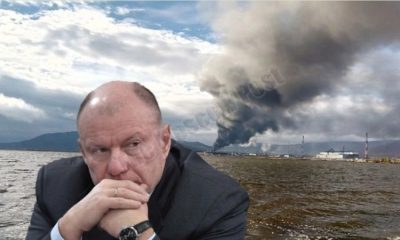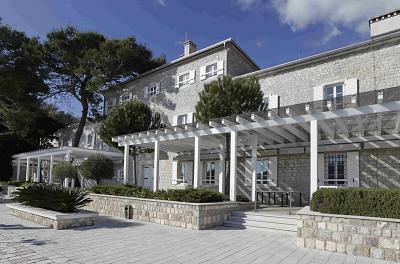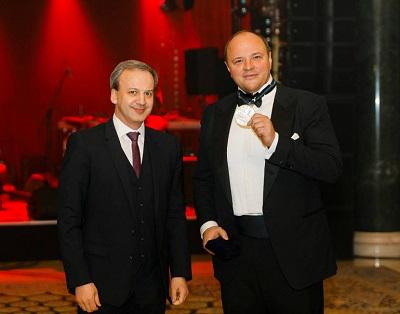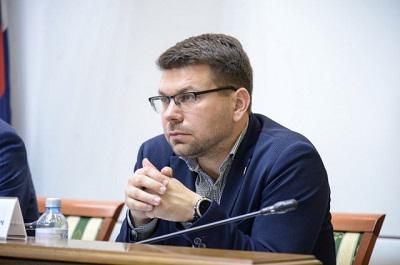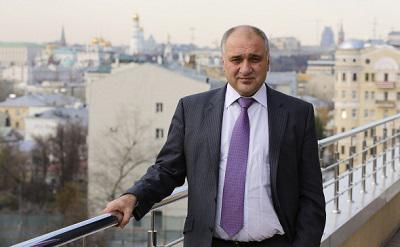Vladimir Potanin once again warned about a disaster that could cause significant damage and harm the environment and human health.
.jpg?v1663249323)
Yesterday, the industrial site of the Kola Mining and Metallurgical Company (“Kola MMC”) in Monchegorsk, which is part of the holding “nornickel“Vladimir Potanin. The fire was put out for 12 hours, and fortunately, the workers were quickly evacuated, and there were no fatalities.
Because of the possibility of harmful emissions, experts conducted air measurements every half an hour – the production is very harmful. But recently Norilsk Nickel paid a record fine of $2 billion (more than 140 billion rubles) for spilling oil products near Norilsk, which led to the largest environmental disaster in recent decades.
The Kola Mining and Metallurgical Company is a massive enterprise that focuses on extracting sulfide copper-nickel ores and producing non-ferrous metals, and it employs about 13 thousand people. The catastrophe here is devastating for the entire region.
The fire happened in the cobalt department of the nickel electrolysis shop-2 (TsEN-2), that is, directly on the working site. The roof of the building has partially collapsed, and the enterprise may be completely shut down.
It appears that if in 2020, after the oil spill from the Potanin CHPP-3 near Norilsk, the oligarch suffered financial and reputational losses, then here he may lose even more money, as production could be halted. According to some estimates, Potanin’s losses may exceed $2.8 billion. What led to this?
Violations are typically
The causes of the incident are being determined. But it is known that Rostekhnadzor has repeatedly raised concerns about the enterprise and related structures. It is highly likely that in pursuit of profit, the oligarch simply disregarded the safety of people and the protection of the environment.
During inspections in October 2021, quite recently, specialists identified 92 violations related to industrial safety. And it’s not just that, but the fact that they were repetitive and systemic.
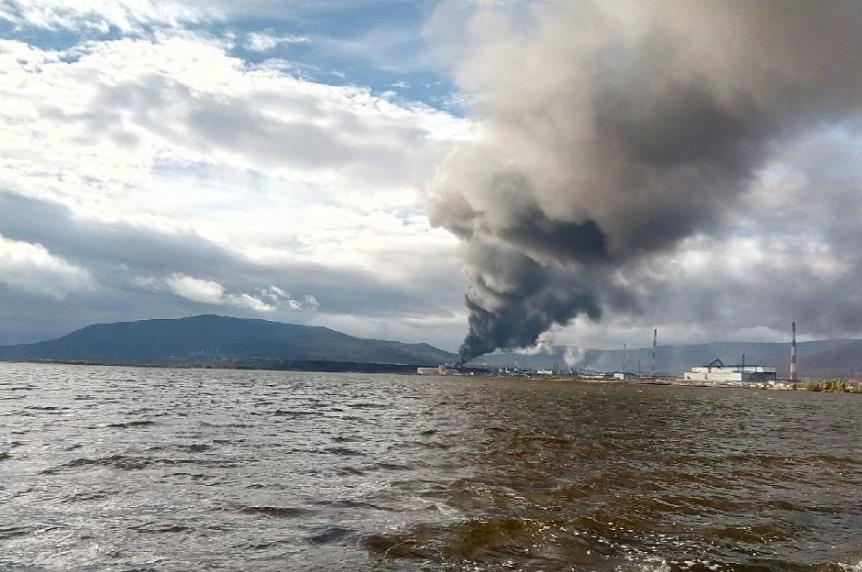
The fire at the Kola MMC could certainly be witnessed from space. Photo: Ilya Grachev/Komsomolskaya Pravda
As stated on the Rostekhnadzor website, this may indicate poor production control by the enterprise's specialists and managers.
It is difficult to believe that Potanin and his top management were unaware of nearly a hundred violations at a facility that produces up to 30% of all nickel ore for his empire. This means we could be talking about criminal negligence – but only a court can determine this.
According to the authors of the telegram channel “Kremlin Mamkoved”, supposedly over the past seven years, the Kola MMC was inspected more than a hundred times, and purportedly critical violations that could lead to a fire were discovered. For example, the electric cable was laid directly through the tank farm, and the electrical equipment is not grounded.
There were also prosecutorial checks during which violations were found. Was a criminal case not initiated?
In April 2021, one of the checks occurred, and details about it are accessible on the Prosecutor General’s Office website. Several violations were found, and one of them was about the industrial site Monchegorsk not fully conducting industrial environmental control with the code 47-0151-001009-P.
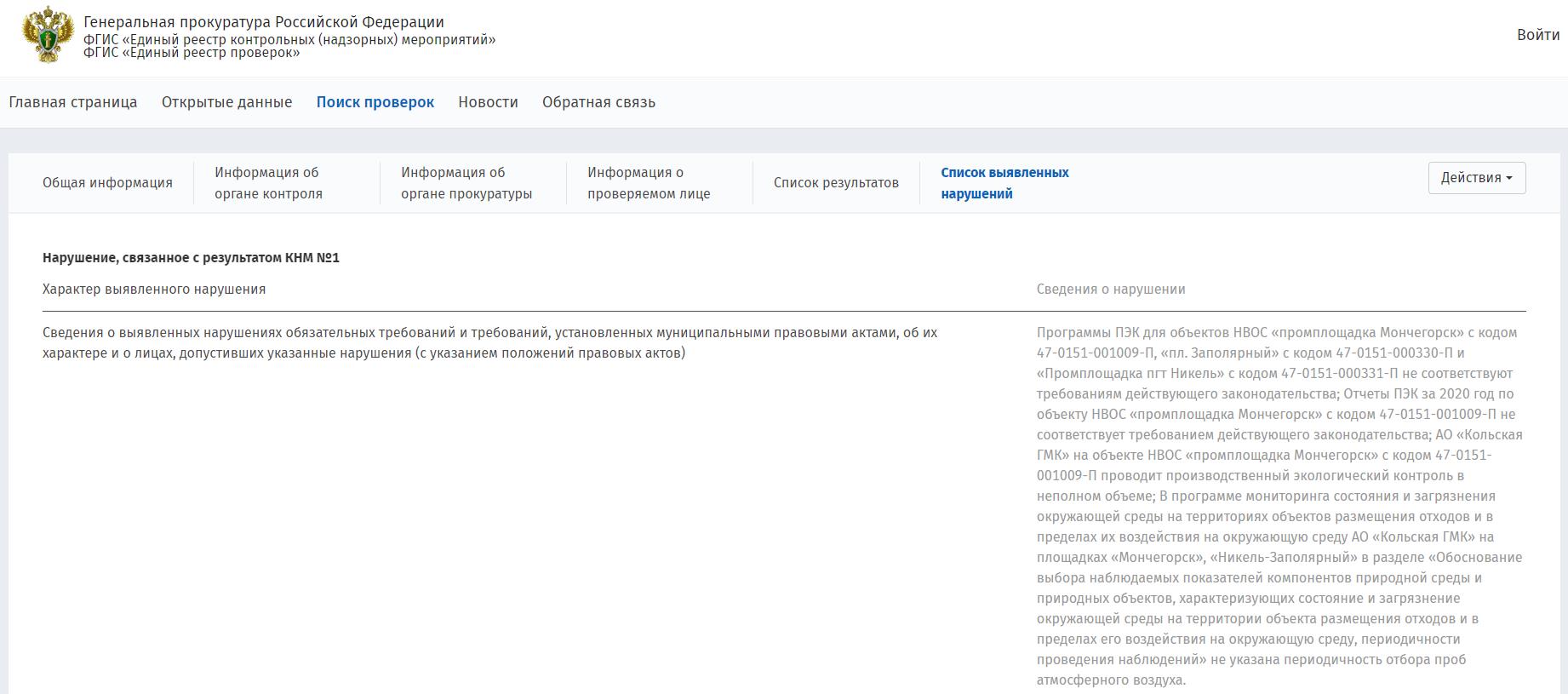
Photo: proverki.gov.ru
This means that not only industrial safety is breached, but the potential consequences are also not recorded. In 2020, after the incident at CHPP-3 near Norilsk, three criminal cases were initiated based on the results of the prosecutorial checks: one for water pollution, one for violation of environmental protection rules during work, and one for land damage.
Former Norilsk Mayor Rinat Akhmetchin was found guilty of negligence. The court convicted him of not taking any actions to stop the disaster for two days. It seems they attempted to cover up the extent of the disaster – in whose interests, and who could give Akhmetshin, the former general director of Norilsk Nickel, such an order?
Only later, after all the examinations, did Rostekhnadzor clarify the CHPP-3 accident, resulting in a fine of about 150 billion rubles for Potanin.
It was revealed that the tank was removed for repairs in 2015, during which state supervision was halted. In 2019, the reservoir resumed operation without informing the regulatory authorities and without adhering to industrial safety requirements.
Rostekhnadzor routinely checked CHPP-3, and issues with fuel storage were known even during previous inspections years ago.
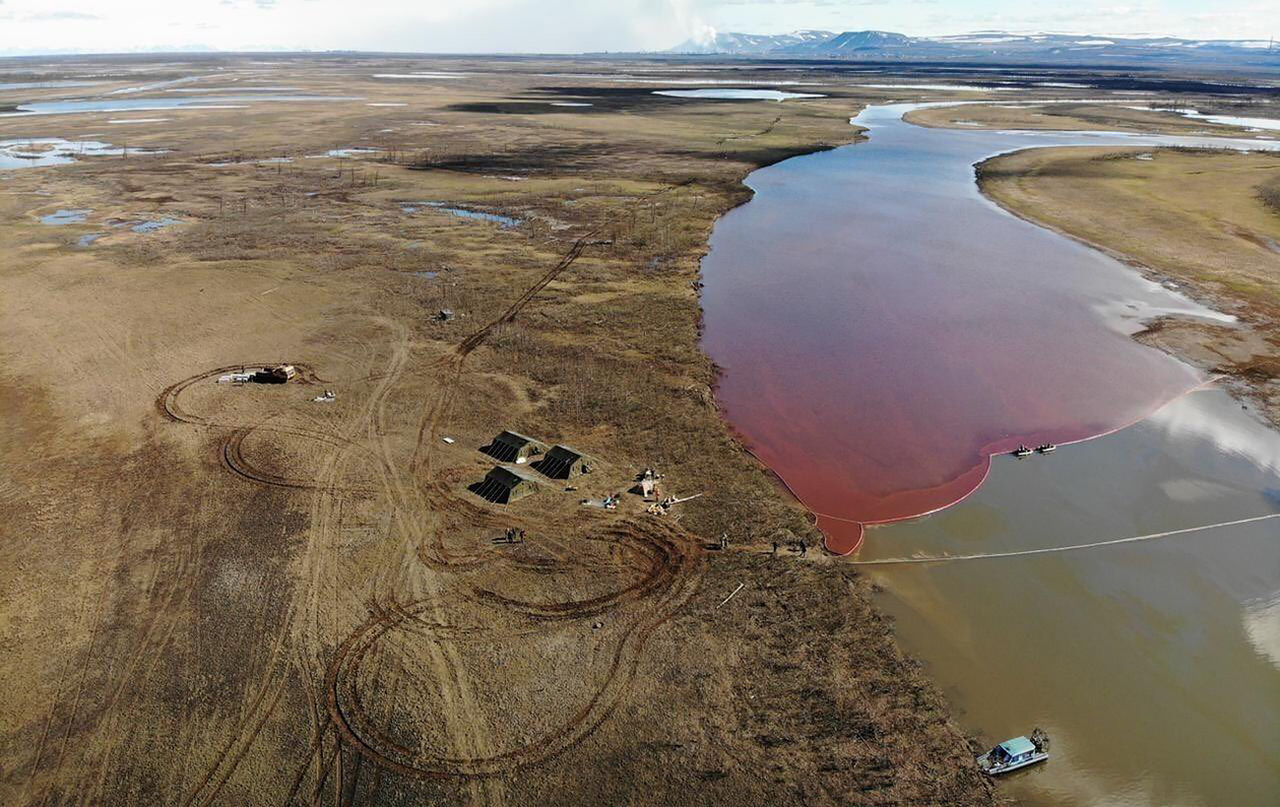
The Norilsk disaster shocked experienced ecologists. But did Vladimir Potanin and his business learn any lessons? Photo: ecologyofrussia.ru
Between 2017-2018, the supervisory agency identified 33 violations during the operation of the site with diesel fuel tanks. Orders for tank repairs were issued to the enterprise as early as 2014.
Deceiving others
As the saying goes, a miser pays twice. Potanin will also pay in the case of the Kola MMC. But this way of doing business raises questions – what gives the oligarch Potanin, the creator of the notorious loans-for-share auctions, the audacity to behave this way?
However, he behaves more than boldly, deceiving others. Just yesterday, when the fire was raging, Vladimir Potanin, the owner of Interros and the president of Norilsk Nickel, announced that he was donating a large portion of his capital to socially beneficial projects. The first significant asset that the entrepreneur will transfer for these purposes will be the recently acquired Rosbank.
This comment is incredibly cynical. Vladimir Potanin is trying to gain the support of society, despite making large profits and causing man-made disasters at his businesses.
In addition, he obtained Rosbank from French Societe Generale at a significant discount, without the seller making a profit.
Now, Potanin is attempting to show goodwill by engaging in socially beneficial activities. Meanwhile, Tinkoff, which is also under his influence, is charging high fees for currency transfers, leading to public outrage. Profit seems to be the priority, with little concern for dissatisfied individuals.
It appears that there have been few limitations for Potanin for quite some time. In 2019, there were rumors about him acquiring a stake in Oleg Deripaska’s En +, but the deal did not go through.
Had the deal happened, Potanin’s Interros would have gained a significant advantage over Oleg Deripaska’s Rusal in the battle for Norilsk Nickel, triggering a new phase in a long-standing conflict.
The creation of Potanin’s empire
It’s worth noting that Potanin orchestrated the controversial loans-for-shares auctions, through which he acquired his assets for minimal amounts, despite the environmental and human consequences.
In 1995, Potanin and other bankers offered state-backed loans in exchange for shares in state-owned enterprises, resulting in substantial state assets ending up in their possession.
ONEXIM Bank, co-founded by Potanin and future oligarch Mikhail Prokhorov, was one of the primary creditors to the state.
Potanin's key gain was acquiring 51% of Norilsk Nickel for a very low price during the initial shares-for-shares auction.
He also purchased 51% of oil company OAO SIDANKO, 20% of OAO Novorossiysk Shipping Company, 14.8% of the Novolipetsk Iron and Steel Works, as well as OAO North-Western Shipping Company for small amounts.
In 1996, Potanin’s structures secured a stake in Svyazinvest, contributing to the creation of his extensive empire that has been linked to numerous environmental disasters.
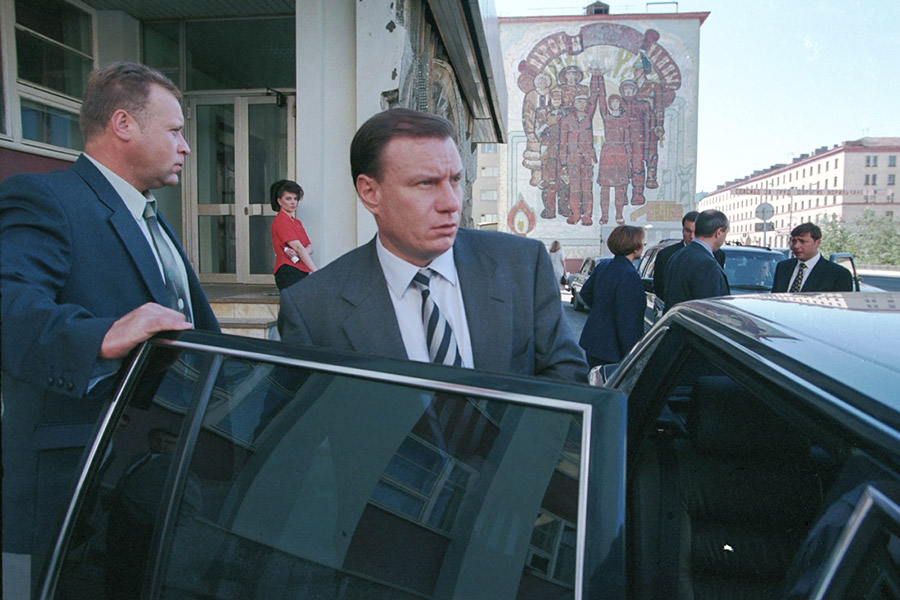
Vladimir Potanin shown during the loans-for-shares auctions. Photo: Pavel Kassin / Kommersant
It seems that the oligarch prioritizes maximizing profits over the consequences of history, violations, fines, and the negative impact on the environment and human health.
Source: UtroNews
nornickel
Kola MMC
Vladimir Potanin
Oleg Deripaska
Murmansk region
